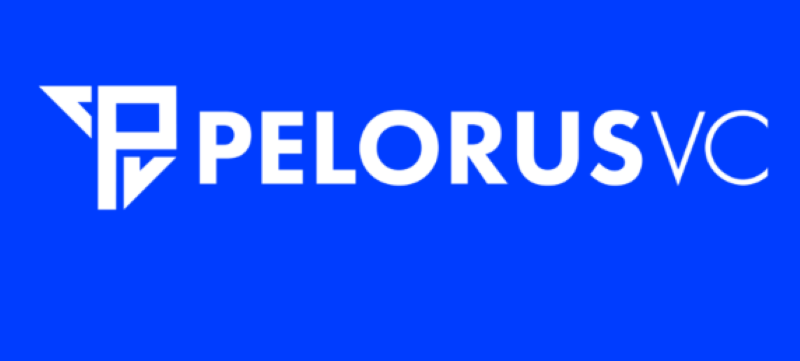John Eden is often amazed at the digital artifacts that end up in Islandora, the digital repository for institutions that’s overseen by the company he leads, Charlottetown-based discoverygarden.
While working on a contract for the University of Connecticut, he saw the digitized version of a manifesto written by Adolf Hitler. While carrying out a project for the University of Southern California, he’s worked with black and white film from the 1920s – a priceless memento of the early days of Hollywood that would have deteriorated beyond repair if it hadn’t been digitized.
Eden’s background is business and game development, but as the CEO of discoverygarden he is heading a company that is helping more than 100 institutions around the world preserve and manage priceless artifacts. What’s more, he’s growing this unique business, with revenues up 30 percent in the last six months.
With a highly original business model, discoverygarden is inextricably linked to the open source Islandora system. Mark Leggott, the librarian at University of Prince Edward Island, developed Islandora with help from the community and $2.5 million in financing from the Atlantic Canada Opportunities Agency’s Atlantic Innovation Fund. Working with religious studies professor Joe Velaidum, they launched discoverygarden to commercialize the product. In 2012, Eden came aboard as a consultant and eventually became CEO, though Leggott remains the majority owner.
The organization has evolved over the years so Islandora is now an open-source product that any institution can implement. It combines open-source software from Fedora Commons and Drupal to create a repository that protects and stores digital assets permanently. It includes such features as a powerful search function and flexible installation.
“We still are true to the original offering, the original vision, of helping organizations to create their digital repository using a framework of open-source software and open standards,” said Eden.
What discoverygarden does is build products for institutions so that Islandora can meet their needs. And a lot of institutions return these efforts to the Islandora community so others can use them as well.
“We still go over and above what we’re asked for on a lot of paid work so that we can return it to the community,” he said. Discoverygarden also provides various support services and resources for Islandora, and helps out with Islandora Camps, which have taken place in such centres as Colorado, Toronto and London.
Discoverygarden was growing in popularity when Eden took the helm, but it was becoming a service company. With the demand, the company grew to a staff of 26 people in its Charlottetown headquarters. Eden decided to transition into more of a development and software-as-a-service model, which he launched in February. Staffing has since fallen to 18 people while revenues have grown. He added the company may grow its staff again as its workload increases.
With three-quarters of its revenue coming from outside Canada, the company has grown with relatively little equity investment. It brought in angel investments totalling $290,000 in 2012 and closed a $150,000 round in early 2014. Eden hopes the enterprise won’t have to raise money again and can thrive on rising revenues.
“We’re kind of an old fashioned IT company in that we’re built on revenue,” he said. “There was demand for this right out of the box.”
Disclaimer: Entrevestor receives financial support from government agencies that support startup companies in Atlantic Canada. The sponsoring agencies play no role in determining which companies and individuals are featured in this column, nor do they review columns before they are published.









